Energy Industry Fundamentals
If you are an existing student or instructor, please visit the main course page to login.
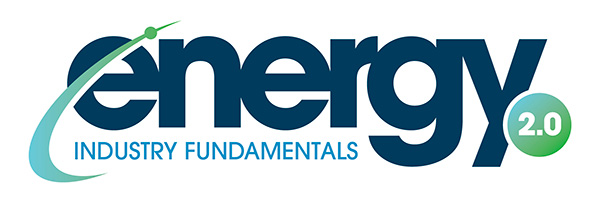
Energy companies will hire hundreds of thousands of people in the coming years to build, support, innovate, engineer, and protect America’s Clean Energy Future. Creative and technical thinkers are needed for critical mainstream careers that are the hallmarks of today’s energy industry and even more will be needed to work with new and emerging technologies that will shape the world of tomorrow.
To ensure the preparedness of a skilled, diverse energy workforce, the Center for Energy Workforce Development has released Energy Industry Fundamentals 2.0, a robust energy curriculum designed for learners in high school and beyond. This free, virtual course offers 120 hours of instruction, including labs and interactive exercises to connect participants with foundational learnings about energy, and career path opportunities. Students who successfully complete the program will earn an industry recognized credential, showcasing their interest in and aptitude for energy careers – a competitive advantage when applying for internships and jobs.

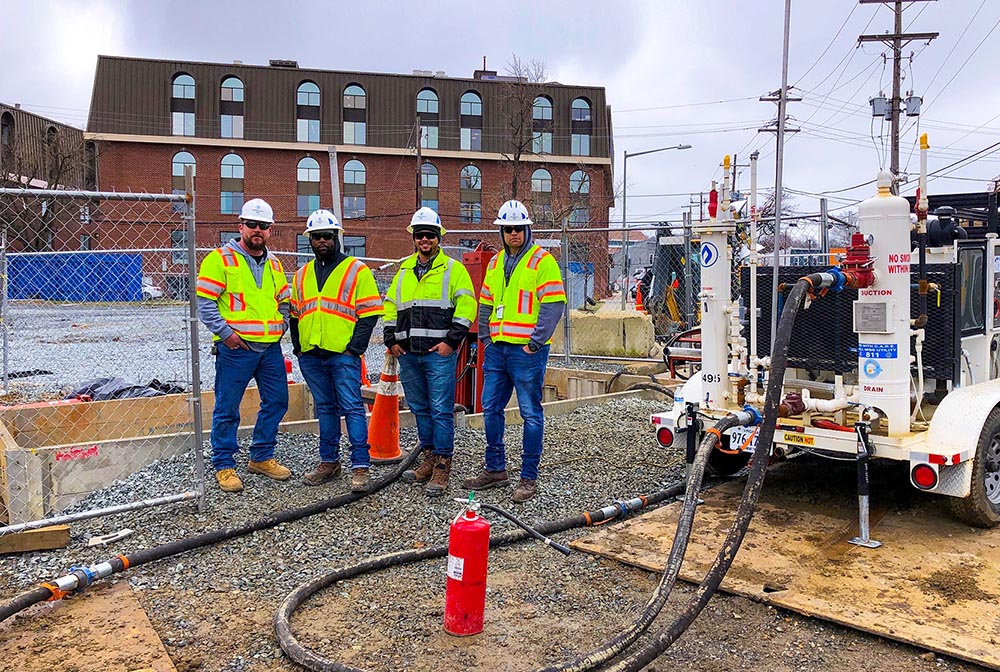
Program Content
The EIF course covers many of the most fundamental and essential concepts of energy including the difference between energy and power; energy efficiency, different ways of generating energy and the advantages and limitations of each, cybersecurity, decarbonization objectives, and so much more. The curriculum is modular but can also be combined with elective chapters to take a deeper drive into specific career paths while offering stackable credentials.
Labs, interactive activities, lesson plans, and pacing guides all help this curriculum come alive for students and educators alike. EIF 2.0 can also be embedded in incumbent worker training to create a “Student of the Business” and broaden employees’ understanding of the energy sector, not just their role. Additionally, energy companies across the country stand at the ready to supplement the materials with instructors, field trips, guest presenters, and other offerings.
Delivery Modality
The EIF course will connect with most all Learning Management Systems. Educators, community-based organizations, and others interested in bringing energy education into their classrooms will receive easy, complimentary access to the EIF curriculum, its associated resources, and training support.
Register Now for EIF 2.0!
Applications to access EIF 2.0 can be submitted by clicking the appropriate link below.
Have questions before moving forward?


A Word About the Energy Industry
Six million people work in the energy industry today, and that number is expected to grow exponentially. Businesses need to hire athletes and mathletes…environmentalists and engineers…drone drivers and dirt diggers…to power and fuel American life. Energy jobs are stable and essential. They offer meaningful and important work that supports the environment and local communities. With tremendous career advancement opportunities and strong earning potential, there has never been a better – or more important time – for students to Power Their Possibility and Fuel Their Future in energy. Check out the resources offered by Get Into Energy to learn more.
Thank You to Our EIF 2.0 Sponsors:
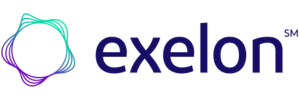
Platinum Level Educator
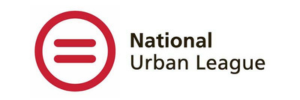
Platinum Level Educator

Gold Level Educator
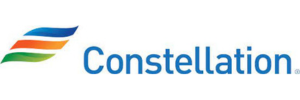
Silver Level Educator

Silver Level Educator

Silver Level Educator

